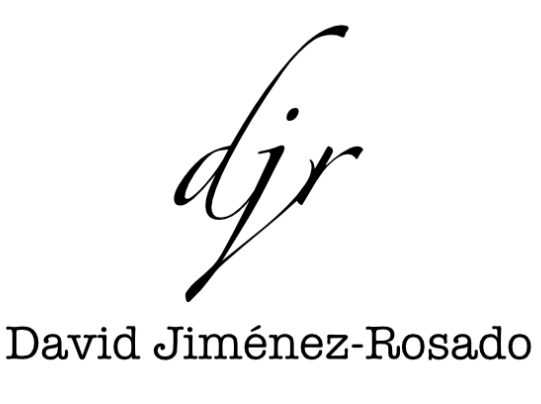Teacher morale plays a significant role in shaping the overall educational environment. High morale is linked to increased job satisfaction, lower burnout rates, and higher teacher retention, all of which directly impact student outcomes. Social networks, often discussed in terms of social capital, are important in supporting teacher wellbeing. These networks provide teachers with emotional,…
How Social Capital Transforms School Culture
In today’s educational landscape, where community engagement and collaboration are essential for success, the concept of social capital has emerged as a crucial tool for reshaping school culture. Social capital refers to the networks, relationships, and trust facilitating cooperation and mutual support. It plays a central role in schools by fostering strong connections among students,…
The Dark Side of Social Capital in Schools: An Exploration of Inequality, Exclusion, and Power Dynamics
Social capital is widely discussed as a concept that helps build stronger communities and improves cooperation between individuals. It involves networks, trust, and shared norms that allow people to work together for common goals (Bourdieu, 1986). In schools, this idea is often used to explain how relationships between parents, teachers, and administrators can support student…
How Leaders Foster Social Networks Among Teachers: Building Collaboration for Student Success
Schools thrive when teachers collaborate effectively, sharing strategies and supporting one another to achieve common goals. These connections are critical for addressing complex educational challenges and enhancing student success. However, creating and sustaining such networks does not happen automatically. Effective leaders play a vital role in cultivating social networks among teachers by fostering trust, aligning…
What is Social Capital, and Why Does it Matter in Education?
When Laura a Spanish-speaking parent, walked into her son’s Title I school, she carried more than just her concerns. She brought her lived experiences, hopes for her son’s success, and a silent language barrier. That day, a teacher greeted her in Spanish, instantly creating a bridge of trust. This seemingly small interaction was the first…
Distributed Leadership and Teacher Collaboration: Transforming Under-Resourced Schools
A Story of TransformationIn the heart of an under-resourced Title I elementary school, the principal faced overwhelming challenges: declining student performance, teacher burnout, and a lack of resources. Realizing that centralized decision-making could no longer address these issues, she implemented distributed leadership. Teachers began leading Professional Learning Communities (PLCs), collaboratively analyzing data, creating targeted interventions,…
The Role of Transformational and Ethical Leadership in Strengthening Organizational Trust
Trust is one of those elusive qualities in leadership—easy to talk about but far harder to achieve. I’ve often seen its power firsthand. In one particular experience, resistance was overwhelming when introducing a new high-stakes curriculum for STAAR testing. Teachers, skeptical and hesitant, questioned the unfamiliar process. However, something shifted when I began explaining the…
The Foundations of Leadership Growth: Listening, Collaboration, and Adaptability
Leadership is an ever-evolving practice that demands continuous reflection, adaptation, and growth. Drawing on research and real-world experiences, leadership growth can be distilled into three foundational principles: listening, collaboration, and adaptability. These principles offer a robust framework for leaders to build trust, amplify collective efforts, and navigate challenges with resilience. This reflective essay explores these…
Essential Skills for Leading Diverse Communities
Maria, a principal at a Title I elementary school, stepped into her role with a clear mission: to foster a welcoming environment for families and staff from diverse cultural, linguistic, and socioeconomic backgrounds. Her school, composed of predominantly Hispanic families and students, had experienced years of disengagement due to leadership practices that did not prioritize…
Building Trust Through Collaborative Leadership: A Framework for Organizational Success
Trust is the cornerstone of effective leadership and organizational success, yet it is often fragile and difficult to build. This was evident when I presented an updated curriculum for high-stakes classes preparing for STAAR testing. Initially, educators resisted the change, as the new methods were unfamiliar and seemed risky. However, as data began to demonstrate…
